I had always imagined one’s honeymoon would involve sand, sun, and saltwater (probably because the bulk of my family vacations were spent on the beach). So while planning our spring 2004 wedding, when Peter suggested we honeymoon at Yellowstone National Park, I was a bit taken aback. “We both love hiking and nature, and besides, it’s on my list.”
It’s on his list.
Though not the most convincing argument, I acquiesced, especially since he promised to set us up with quality lodging (no camping or “roughing it”).
Without a doubt, Yellowstone is spectacular. It should be on everyone’s list.
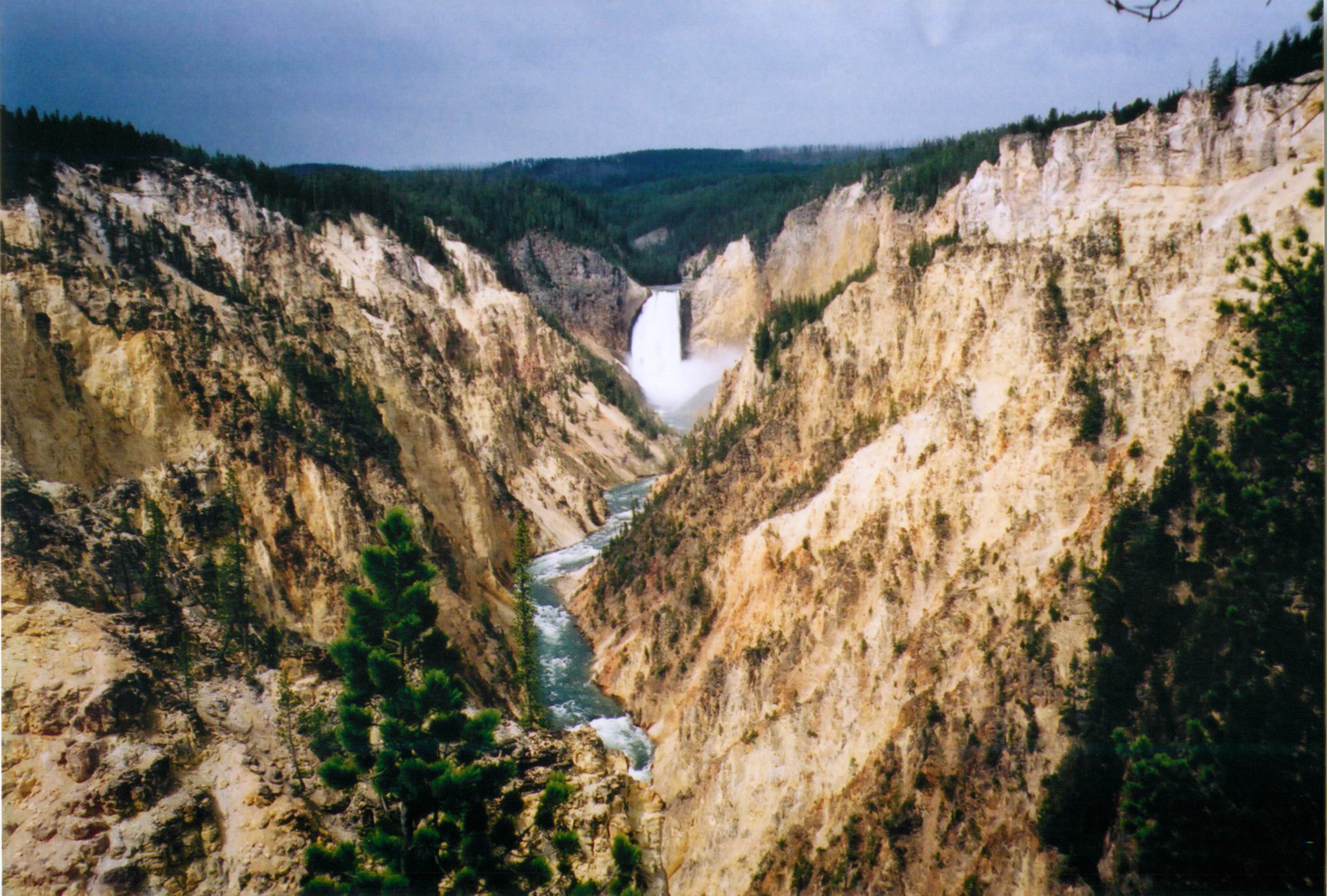 The geysers…
The geysers…
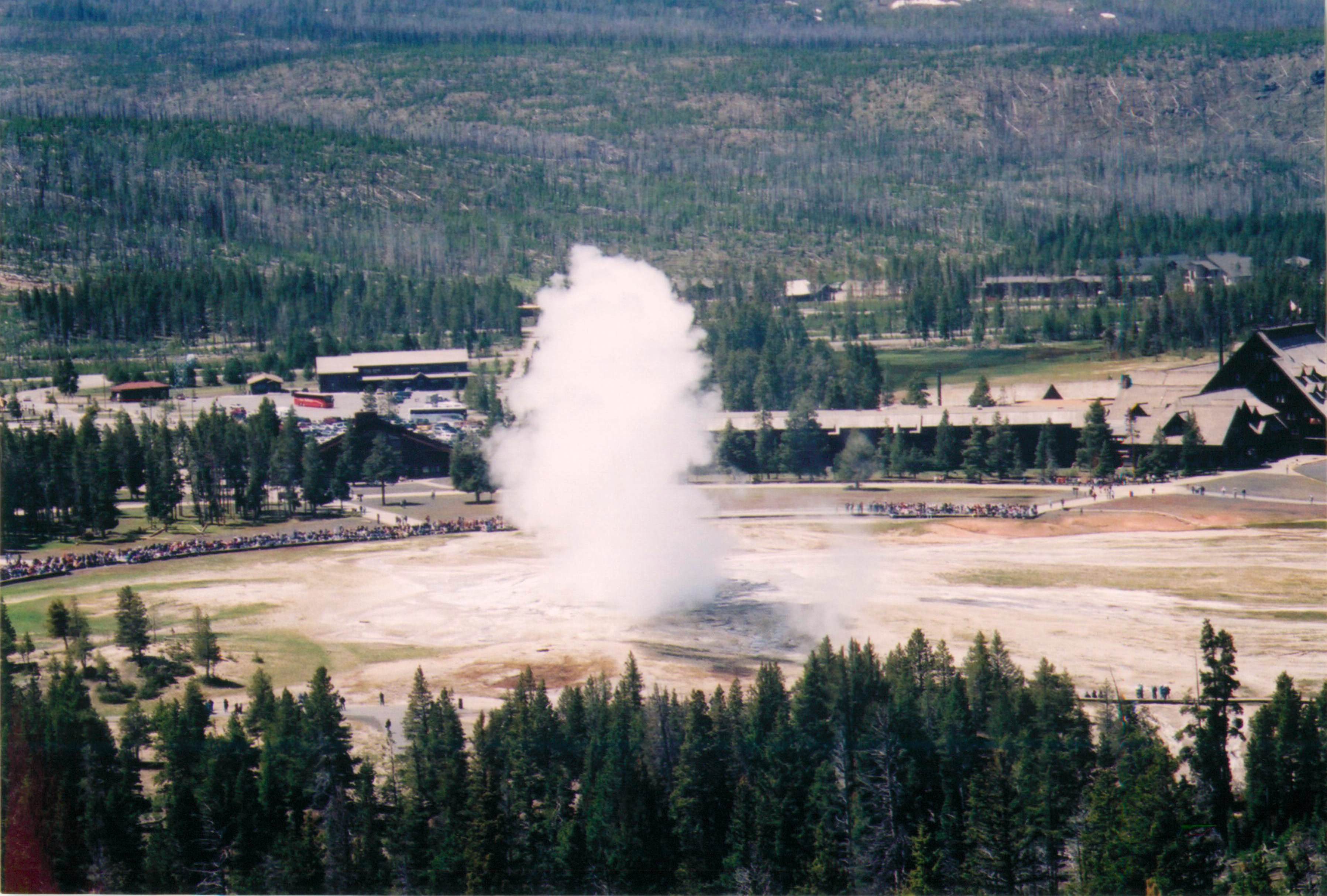 The hot springs…
The hot springs…
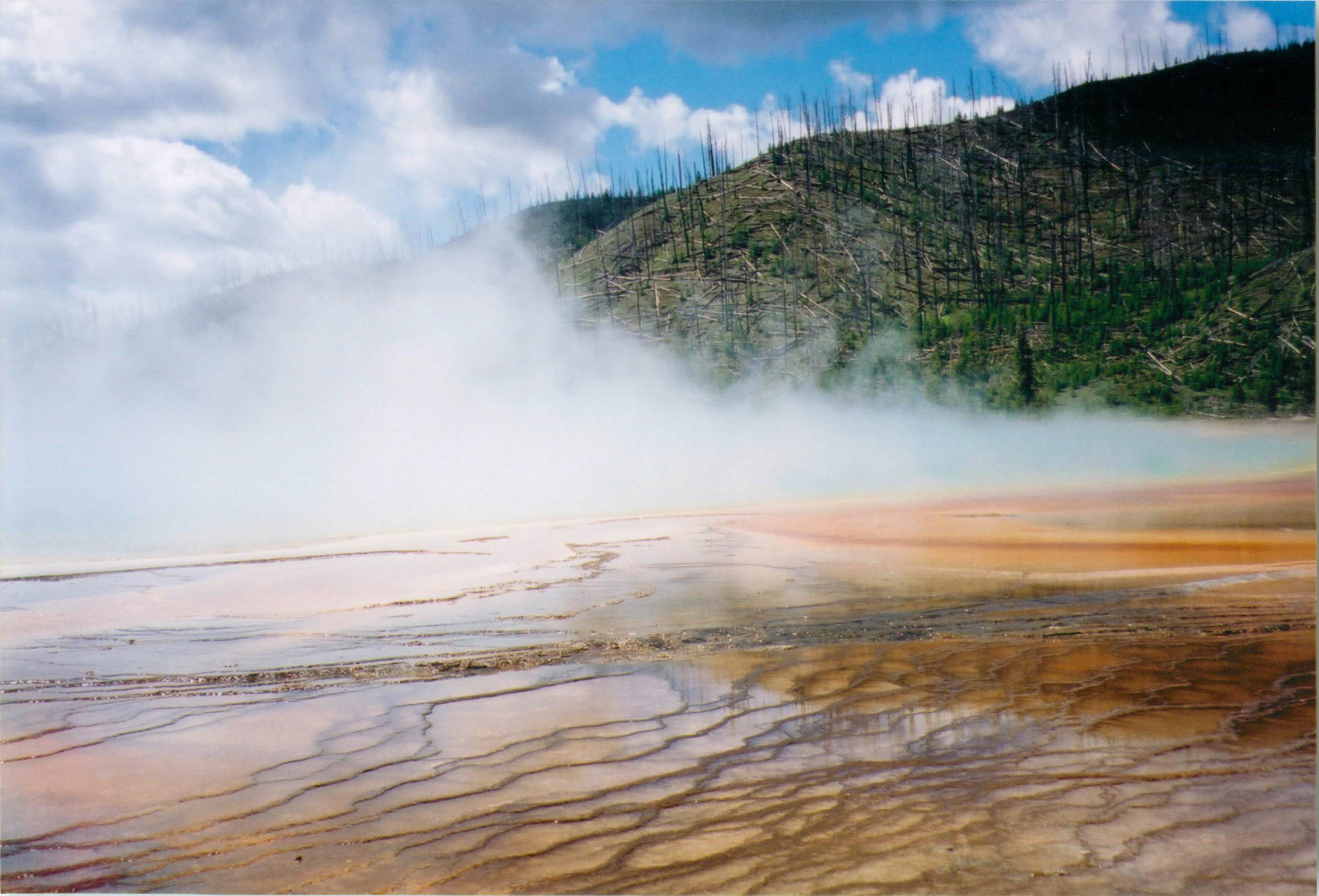 The wildlife…
The wildlife…
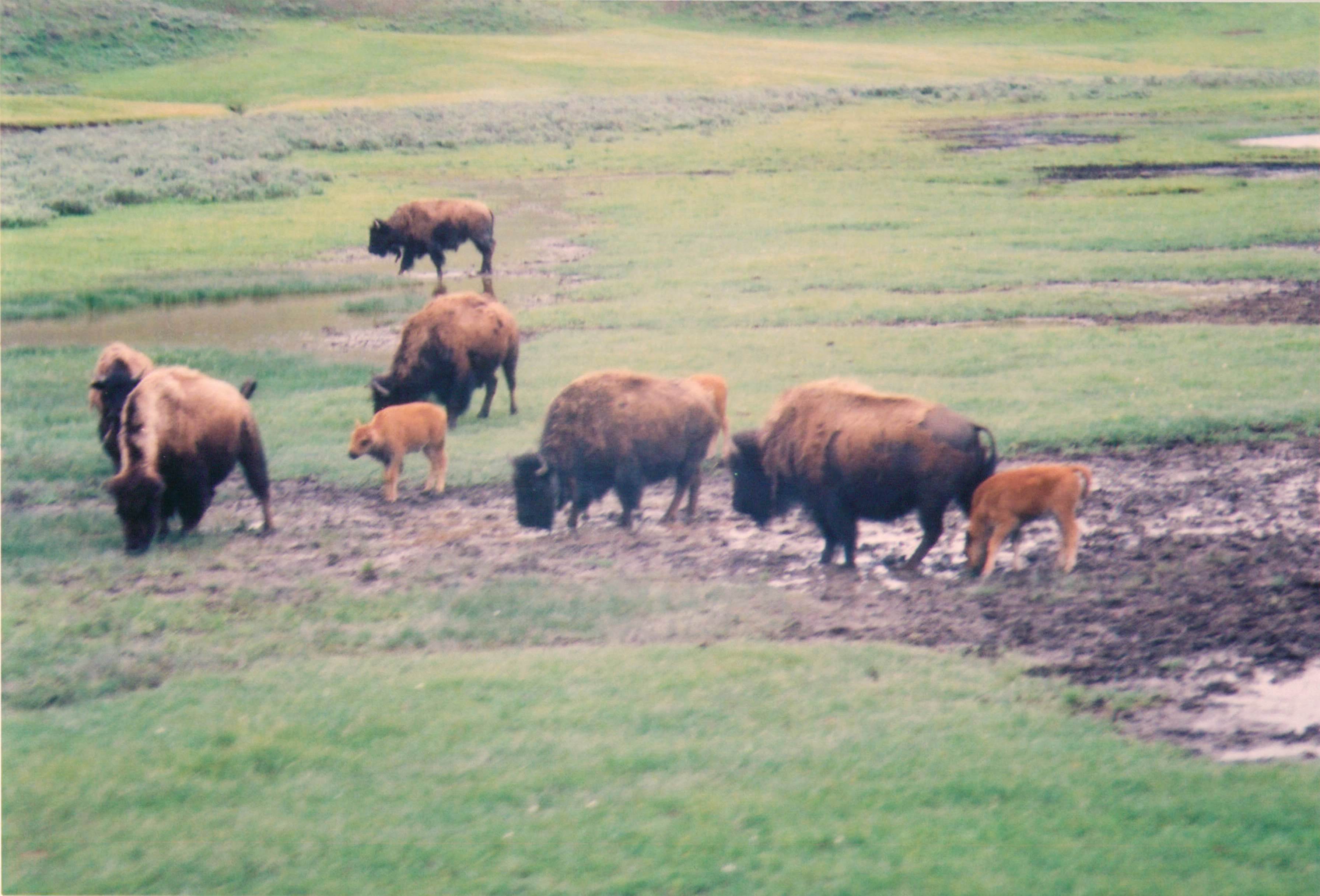
Each morning we would drive from the gorgeous Lake Yellowstone Hotel to a different area of the park. I started to notice some of the stark trees around the landscape…
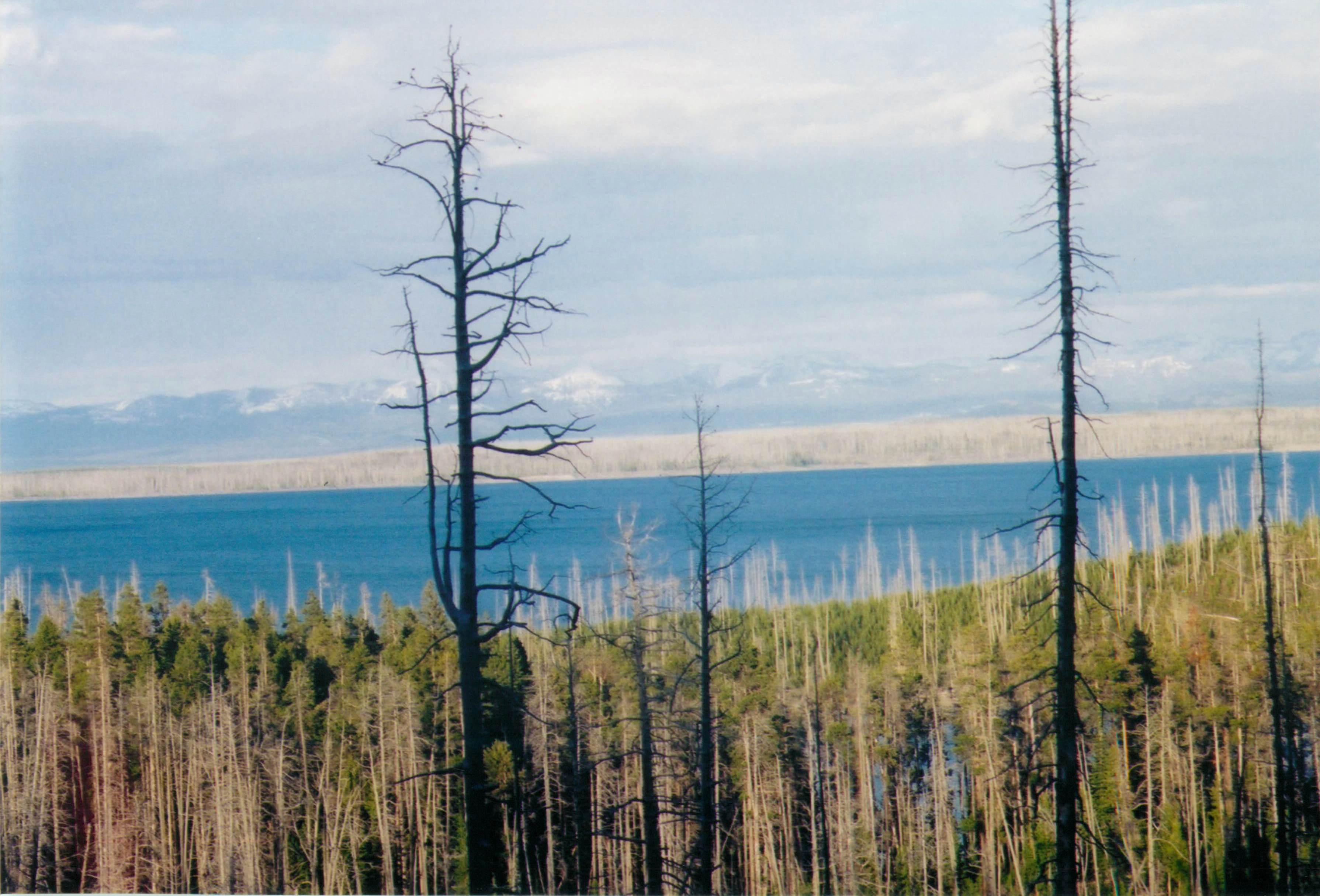 Yellowstone showed the scars of fire. My heart broke to see the scars of such pain amid such beauty.
Yellowstone showed the scars of fire. My heart broke to see the scars of such pain amid such beauty.
 I remembered the intense “Summer of Fire” in 1988. I couldn’t believe we were still seeing the effects in 2004. My rocket scientist husband, who has a bit of the encyclopedic knowledge going on, explained that fires were an ongoing reality in Yellowstone, most of them sparked by lightning strikes. Like most people, I assumed that fires were bad. I got all Smokey the Bear: “Can’t they do anything to prevent forest fires? Or stop them?” As I shot off endless questions, Peter (who avidly avoids the phrase “I don’t know,”) suggested we tour the visitor center by Old Faithful, which told the Story of Fire at the National Park.
I remembered the intense “Summer of Fire” in 1988. I couldn’t believe we were still seeing the effects in 2004. My rocket scientist husband, who has a bit of the encyclopedic knowledge going on, explained that fires were an ongoing reality in Yellowstone, most of them sparked by lightning strikes. Like most people, I assumed that fires were bad. I got all Smokey the Bear: “Can’t they do anything to prevent forest fires? Or stop them?” As I shot off endless questions, Peter (who avidly avoids the phrase “I don’t know,”) suggested we tour the visitor center by Old Faithful, which told the Story of Fire at the National Park.
I hadn’t realized that there was such an allegory between “fire” and personal “pain and suffering.”
Conventional wisdom—and the average park visitor like myself—views fires as devastating, destroying everything in its path. We see fire suppression, on the other hand, as good stewardship.
Sounds a lot like our attitudes towards pain and suffering…
Turns out that the amazing scenery in Yellowstone has been shaped by fire; it is part of the ecosystem. The National Parks Service explains this ecological phenomenon in the educational resources on
Yellowstone’s webpage (which, by the way, is where all Yellowstone fire-related facts and figures in this reflection come from):
- Natural (lightning caused) “fires are the primary agent of change in many ecosystems”
- “Many of Yellowstone’s plant species are fire-adapted.”
- Some 80% of the park’s forest has pinecones that actually rely on the intense heat of fire to crack open the resin and release the seeds inside.
- Fires actually stimulate the rebirth and growth of some plants.
- While above ground grasses are consumed by the fires, the below-ground root systems typically remain unharmed, and even increase in productivity after a few years.
In the gift shop section of the visitor center, I picked up the book Fire: A Force of Nature: The Story Behind the Scenery, and was struck by a quote on the front page:
“Fire presents opportunities for new life that don’t exist until a burn.”
Isn’t that the truth.
Certainly my own greatest moments of personal growth have occurred in the aftermath of a painful crisis. The growth might range from learning a difficult lesson to forging a new, better, stronger path. Sometimes it prompts me to develop compassion, broaden my perspective, and practice empathy. Other times the crisis has me questioning decisions, priorities, and/or relationships.
Just as the amazing scenery in Yellowstone has been shaped by fire, the amazing person that I am has been shaped by personal pain and suffering.
I marvel at the idea that whatever part of me which was struck down by personal pain and suffering has somehow been rebuilt. This dynamic is at the heart of the Christian message:
from death comes new life. Theologians use the phrase
Paschal Mystery to refer to the suffering, death, and Resurrection of Christ. But the Paschal Mystery
doesn’t just refer to what happened
to Jesus. It points to the process of dying and rising that we experience in our everyday life.
And by referring to it as a “mystery” we reaffirm the fact that we don’t always understand how that new life occurs… yet we have faith that it will.
“Fire presents opportunities for new life that don’t exist until a burn.”
From death comes new life.
As marvelous as it is, it’s also important to see the word “new” in each of those phrases. New life. Different. Things will never be quite the same as they once were.
Anyone who has experienced personal pain and suffering resulting from the loss of a loved one can attest to that truth: Things will never be quite the same as they once were.
Moreover, let’s be honest: pain is real. Fire burns. No one is expected to cheer on suffering wearing a t-shirt that says, “Yay – growth!” That’s not what faith in the Resurrection is about.
I cringe when I hear phrases like:
What doesn’t kill us makes us stronger.
God doesn’t give us anything we can’t handle.
Everything happens for a reason.
I know they certainly don’t bring me solace. I can’t imagine a Holocaust survivor or rape victim finding comfort in hearing any of these clichés, either.
The enormity of the Yellowstone “Summer of Fire” in 1988 was unprecedented. That summer was the driest in the park’s recorded history. The practice of allowing for “controlled burns” was called into question as the fires burned from June through September, threatening lives and homes in the greater Yellowstone region.
With controlled burns, a fire ignites naturally – with a lightning strike, firefighters monitor as Mother Nature does some “spring cleaning” through the burn, and the fire extinguishes naturally.
The fires that summer were just too big and too out of control.
A total of 248 fires started in greater Yellowstone in 1988; 50 of those were in Yellowstone National Park. Despite widespread misconceptions that all fires were initially allowed to burn, only 31 of the total were; 28 of these began inside the park. In the end, 7 major fires were responsible for more than 95% of the burned acreage. Five of those fires were ignited outside the park, and 3 of them were human-caused fires that firefighters attempted to control from the beginning.
Between the evil of arson, the enormity of the problem, and the imminent danger to others, Yellowstone National Park needed help.
More than 25,000 firefighters, as many as 9000 at one time, attacked Yellowstone fires in 1988.
There was a lot of damage.
Ecosystemwide, about 1.2 million acres was scorched; 793,000 (about 36%) of the park’s 2,221,800 acres were burned. Sixty-seven structures were destroyed, including 18 cabins used by employees and guests and one backcountry patrol cabin in Yellowstone.
Yellowstone was certainly affected by the fires, but all was
not lost; it was
not devastated; it was
not destroyed.
The effects on many plants and animals are still being studied, although in the short-term, most wildlife populations showed no effect or rebounded quickly from the fiery summer. In the several years following 1988, ample precipitation combined with the short-term effects of ash and nutrient influx to make for
spectacular displays of wildflowers in burned areas.
Contrary to what was feared, the fires of 1988 did not deter visitors. In 1989, more than 2,600,000 people came to Yellowstone—the highest annual visitation of the 1980s.
While we are in the midst of the flames of suffering, it is difficult. Even Jesus wept. But that is not the end of the story.
From death comes new life. We are people of the Resurrection. Faith in
new life is what it means to be a people of hope.
As a people of hope, withstand the fire. Understand that controlled burns are a part of life. Ask for help. And when rising from the ashes, be sure to identify and appreciate “spectacular displays of wildflowers” whenever you see them.
“Grand Prismatic Spring Yellowstones © Depositphotos.com/kwiktor”
If you enjoyed this post, Please Share

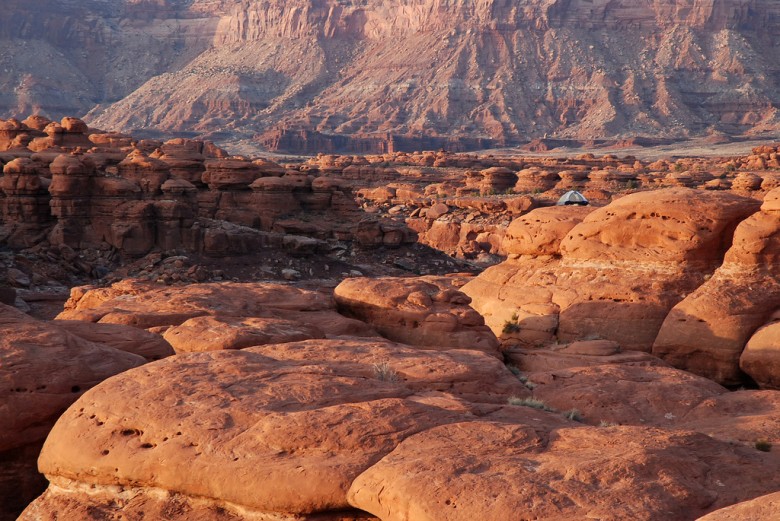
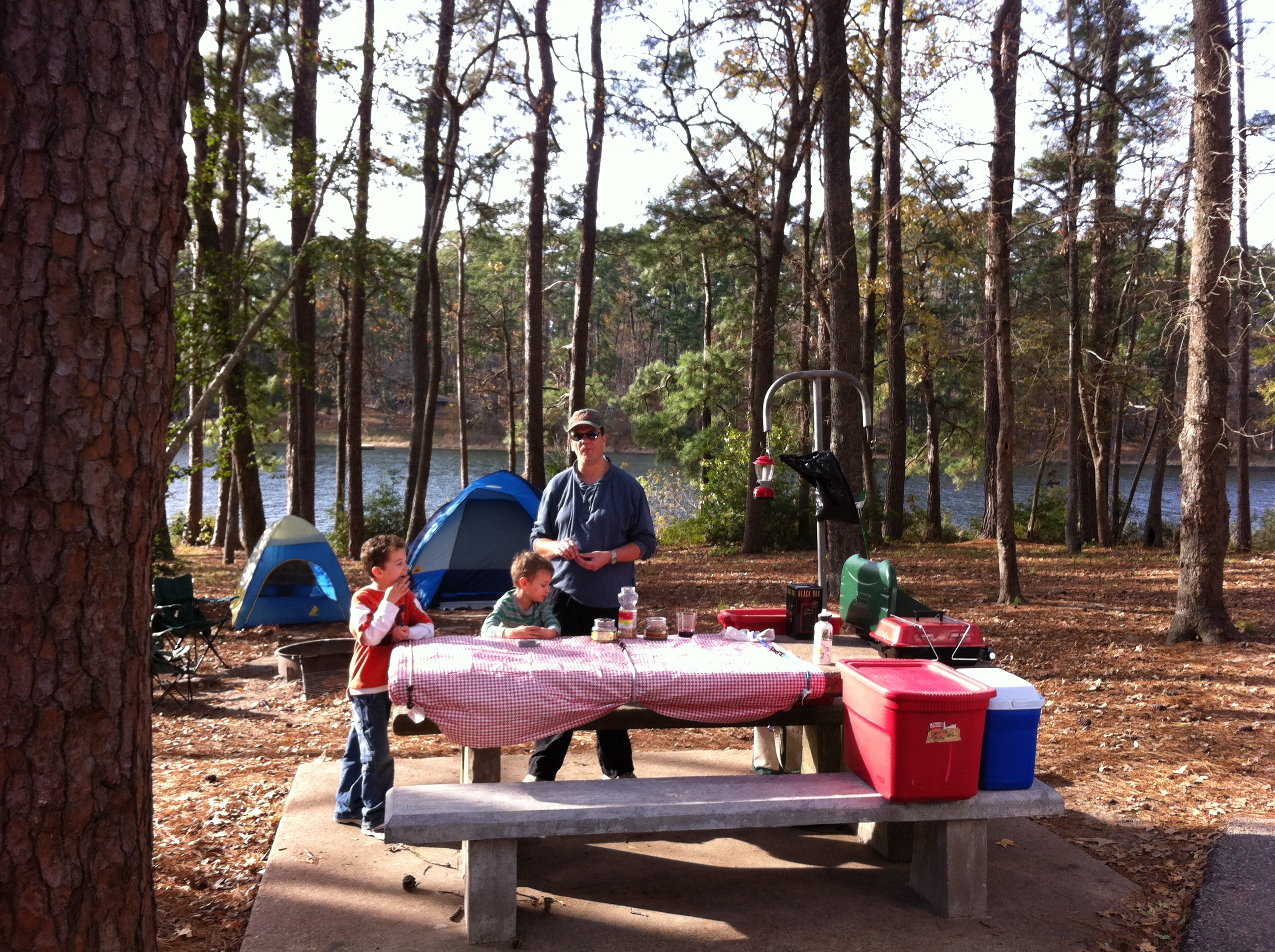
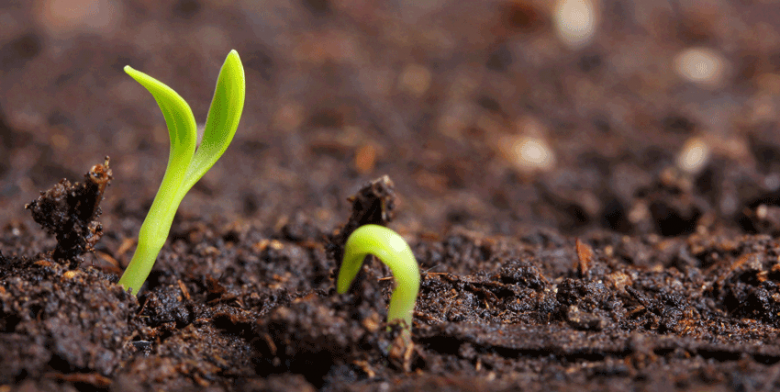
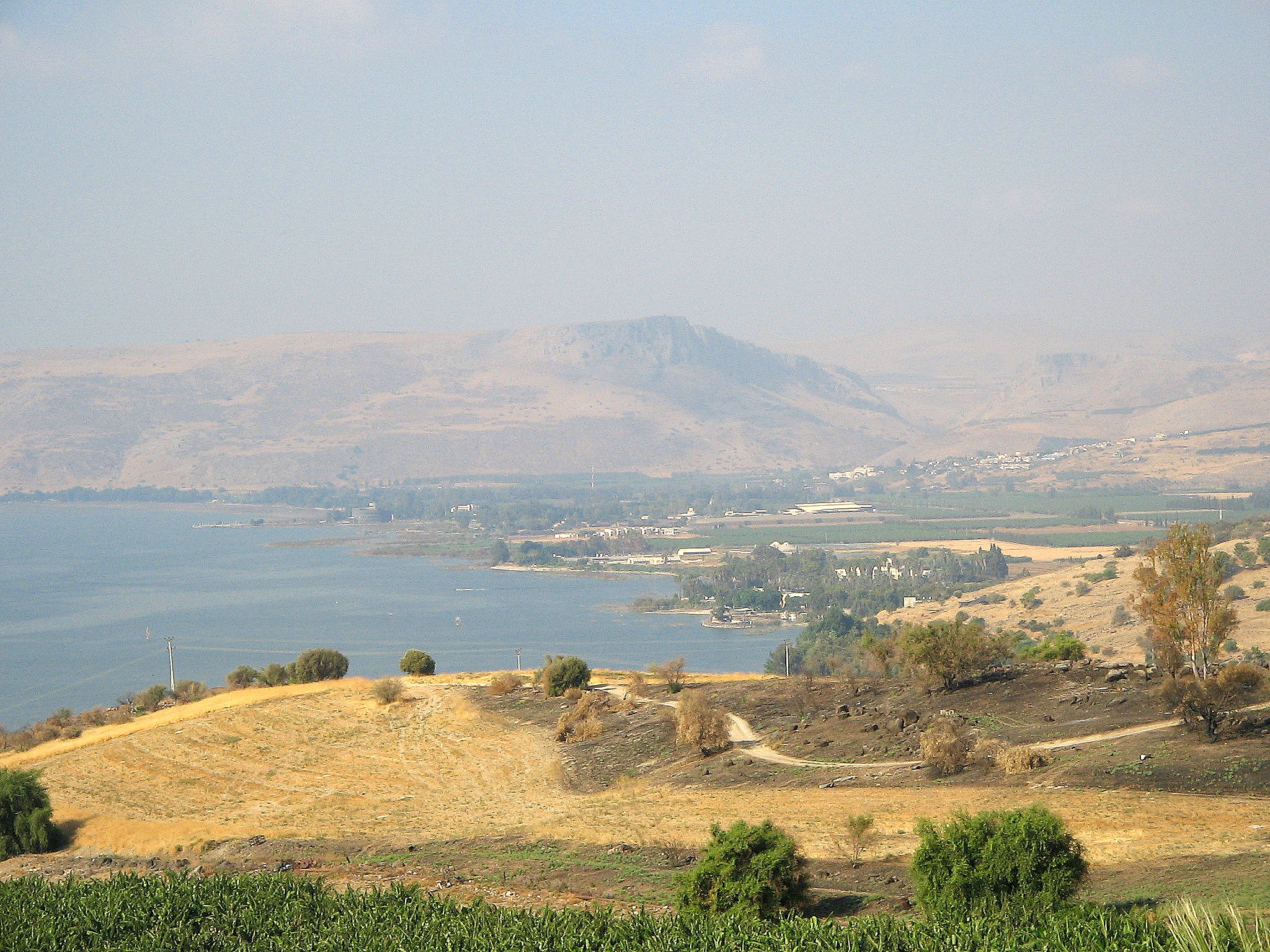
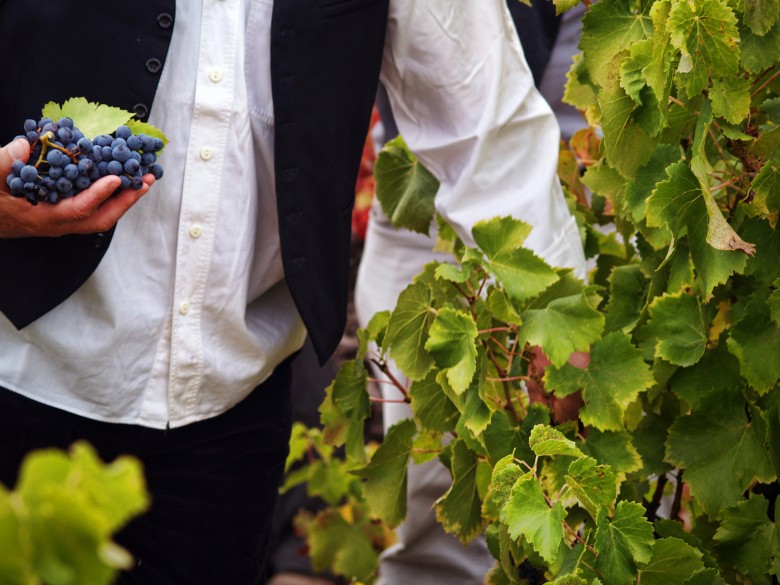
 When I returned to my classroom after taking a week off to get my head together, I told my students that I was “going through a difficult time,” which was an understatement, but it was all that I could muster. It was incredibly difficult to be teaching about the faith when I was so very angry, confused, hurt, and broken in my own relationship with God.
When I returned to my classroom after taking a week off to get my head together, I told my students that I was “going through a difficult time,” which was an understatement, but it was all that I could muster. It was incredibly difficult to be teaching about the faith when I was so very angry, confused, hurt, and broken in my own relationship with God. When it was evening the owner of the vineyard said to his foreman, ‘Summon the laborers and give them their pay, beginning with the last and ending with the first.’ When those who had started about five o’clock came, each received the usual daily wage. So when the first came, they thought that they would receive more, but each of them also got the usual wage. And on receiving it they grumbled against the landowner, saying, ‘These last ones worked only one hour, and you have made them equal to us, who bore the day’s burden and the heat.’ He said to one of them in reply, ‘My friend, I am not cheating you. Did you not agree with me for the usual daily wage? Take what is yours and go. What if I wish to give this last one the same as you? Or am I not free to do as I wish with my own money? Are you envious because I am generous?’ Thus, the last will be first, and the first will be last.”
When it was evening the owner of the vineyard said to his foreman, ‘Summon the laborers and give them their pay, beginning with the last and ending with the first.’ When those who had started about five o’clock came, each received the usual daily wage. So when the first came, they thought that they would receive more, but each of them also got the usual wage. And on receiving it they grumbled against the landowner, saying, ‘These last ones worked only one hour, and you have made them equal to us, who bore the day’s burden and the heat.’ He said to one of them in reply, ‘My friend, I am not cheating you. Did you not agree with me for the usual daily wage? Take what is yours and go. What if I wish to give this last one the same as you? Or am I not free to do as I wish with my own money? Are you envious because I am generous?’ Thus, the last will be first, and the first will be last.”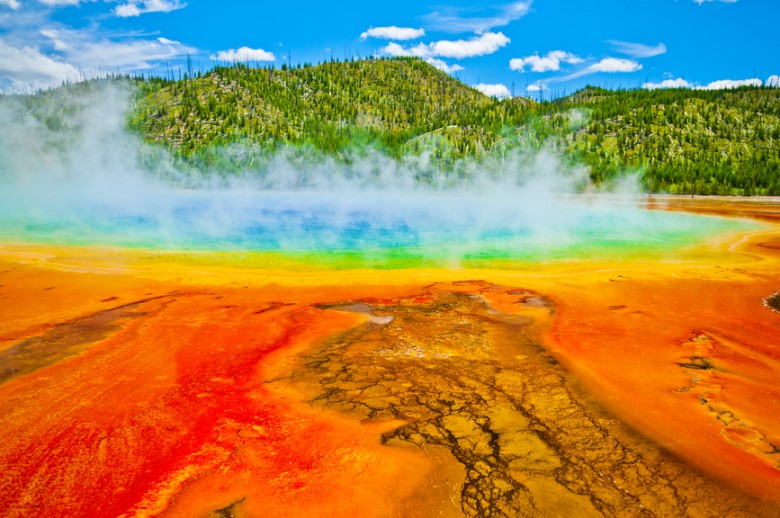
 The geysers…
The geysers… The hot springs…
The hot springs… The wildlife…
The wildlife…
 Yellowstone showed the scars of fire. My heart broke to see the scars of such pain amid such beauty.
Yellowstone showed the scars of fire. My heart broke to see the scars of such pain amid such beauty. I remembered the intense “Summer of Fire” in 1988. I couldn’t believe we were still seeing the effects in 2004. My rocket scientist husband, who has a bit of the encyclopedic knowledge going on, explained that fires were an ongoing reality in Yellowstone, most of them sparked by lightning strikes. Like most people, I assumed that fires were bad. I got all Smokey the Bear: “Can’t they do anything to prevent forest fires? Or stop them?” As I shot off endless questions, Peter (who avidly avoids the phrase “I don’t know,”) suggested we tour the visitor center by Old Faithful, which told the Story of Fire at the National Park.
I remembered the intense “Summer of Fire” in 1988. I couldn’t believe we were still seeing the effects in 2004. My rocket scientist husband, who has a bit of the encyclopedic knowledge going on, explained that fires were an ongoing reality in Yellowstone, most of them sparked by lightning strikes. Like most people, I assumed that fires were bad. I got all Smokey the Bear: “Can’t they do anything to prevent forest fires? Or stop them?” As I shot off endless questions, Peter (who avidly avoids the phrase “I don’t know,”) suggested we tour the visitor center by Old Faithful, which told the Story of Fire at the National Park.

